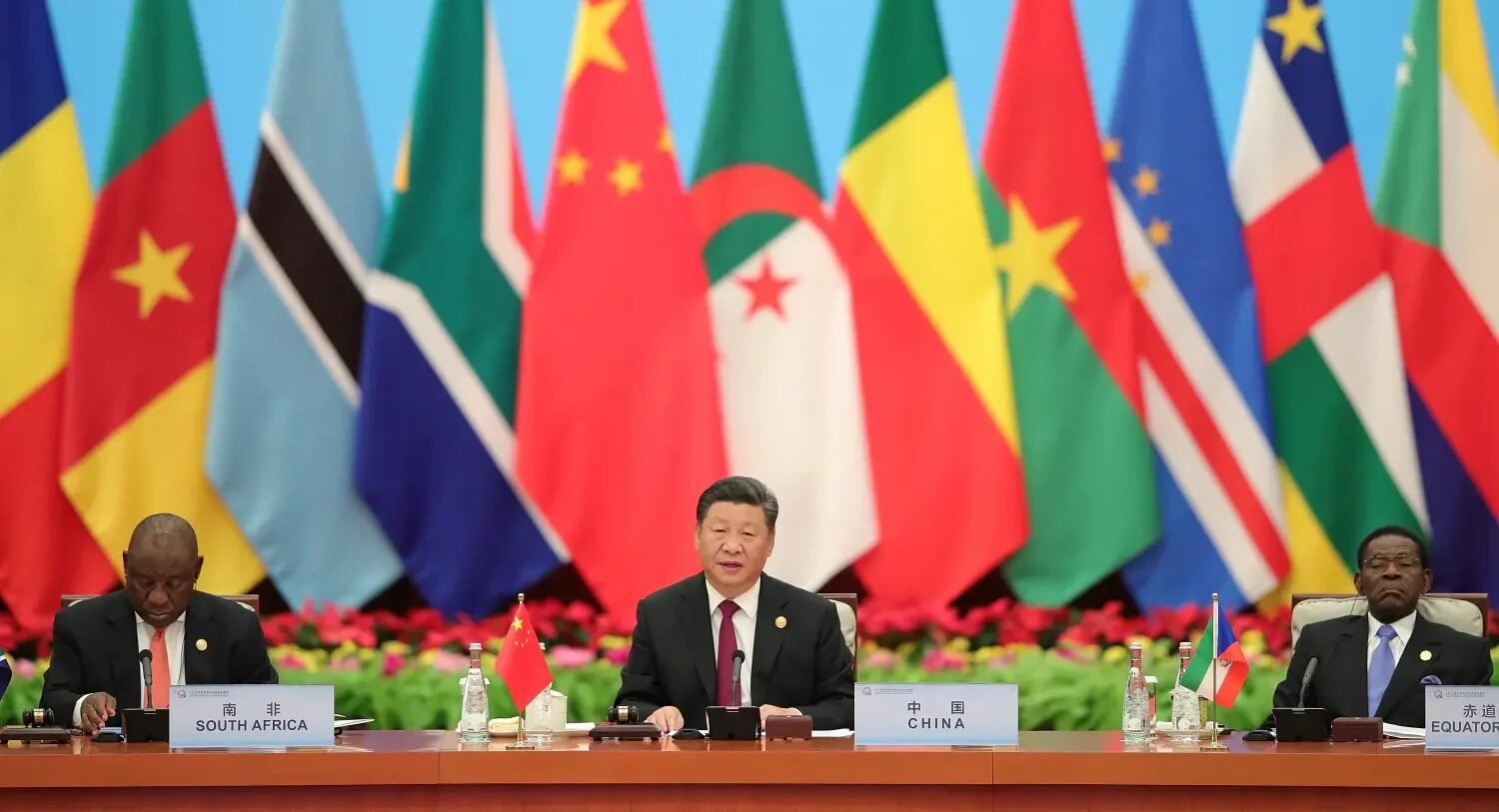
Friday 7th November 2025

By inAfrika Newsroom
Kenya cybercrime law changes took effect this week, giving authorities express power to direct blocks on websites and apps, government documents show. The Computer Misuse and Cybercrimes (Amendment) Act, 2025 was assented on October 15 and commenced on November 4, according to the Kenya Gazette.
The law expands the National Computer and Cybercrimes Coordination Committee’s mandate to issue directives that order service providers to restrict access to specified platforms. Moreover, it clarifies enforcement channels and penalties for non-compliance. As a result, regulators gain a sharper tool to respond to cyber incidents and illegal content, policy trackers noted.
Kenya cybercrime law opponents warn of overreach. Rights groups said the provisions risk chilling online expression if authorities apply them broadly or without transparent oversight. They urged Parliament to add clear checks, including time-bound orders, judicial review and public reporting on takedowns.
Telecom and internet firms will adjust operations. Carriers and platforms will need fast pathways to authenticate government orders, implement blocks and log actions for audits. In addition, they will require documented appeal processes to handle erroneous or conflicting directives. Providers also face higher compliance costs for monitoring, legal review and incident response.
Officials argue the changes close gaps exposed by scams, deepfakes and coordinated disinformation. Consequently, they expect faster containment when criminal actors abuse online channels. However, policymakers emphasized due process and said they will issue guidance on thresholds for blocks, notification procedures and data handling.
Kenya cybercrime law updates arrive as the region debates digital-platform rules. Several African states are writing content codes and incident-response playbooks; others are testing data-protection enforcement and child-safety measures. Because cross-border apps dominate usage, regulators have begun coordinating on requests that touch multiple jurisdictions.
For users, the near-term impact is clarity mixed with uncertainty. The law defines who can issue directives and how providers must act. Yet the scale of application will depend on subsidiary regulations and court interpretations. Therefore, industry and civil groups plan to track orders and challenge those that lack legal basis.
Next steps include operational notices from the coordination committee and possible implementation rules from line ministries. Meanwhile, litigants could test sections in court, which would shape how the statute applies to speech, security and competition online. For now, the message is that enforcement powers have widened and that compliance timelines will tighten.


